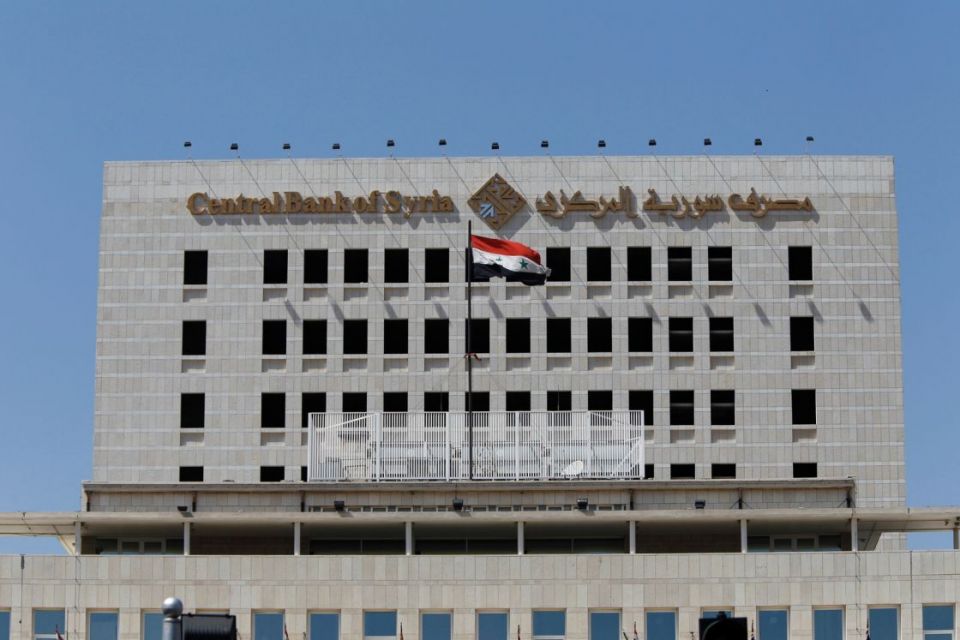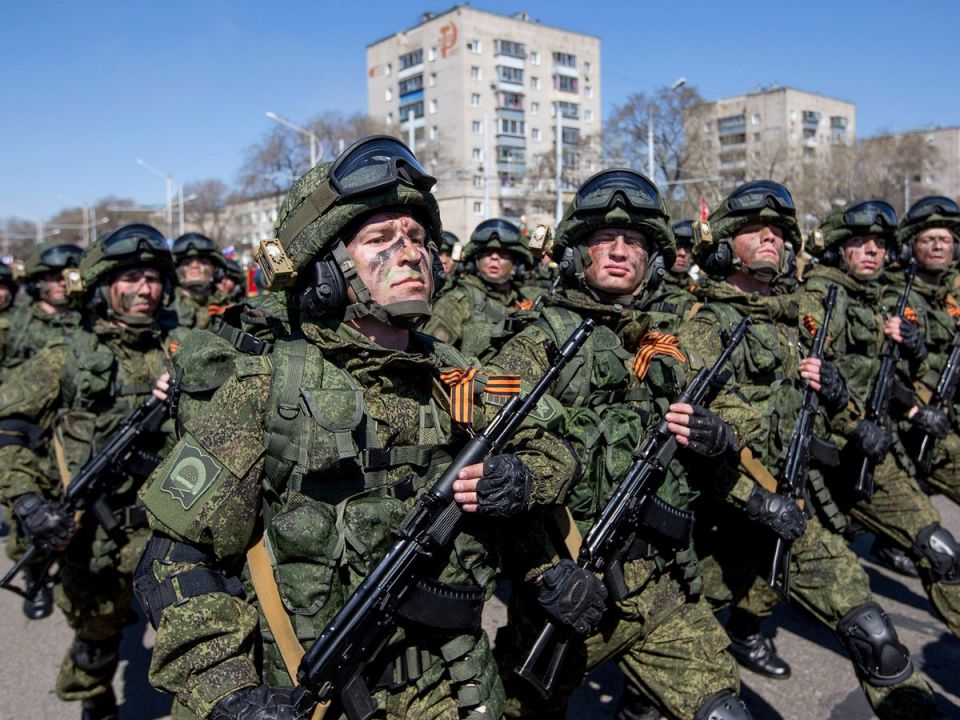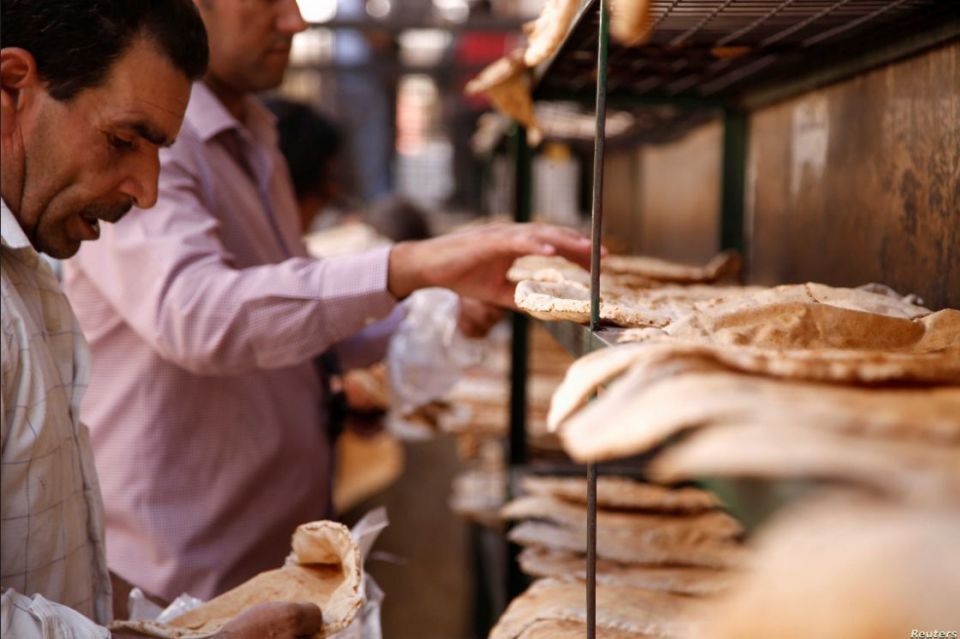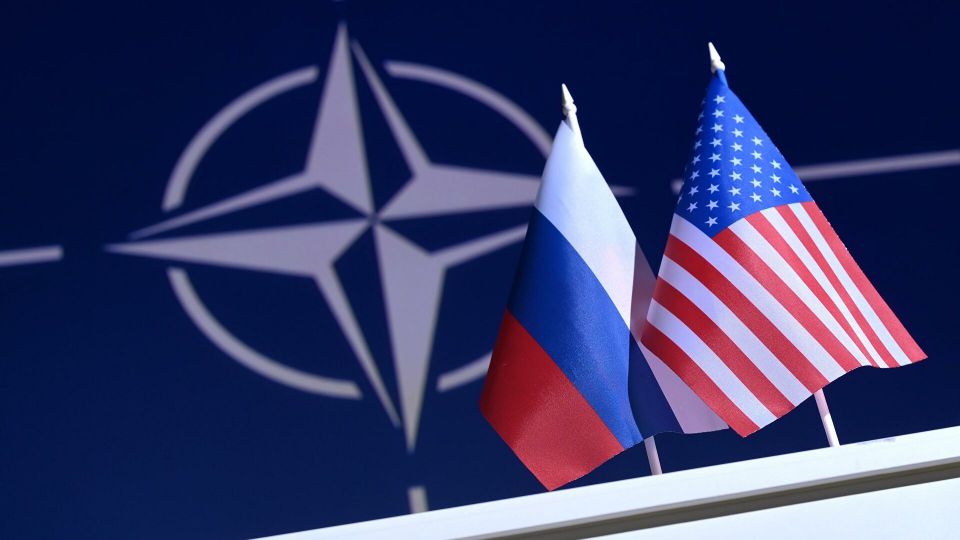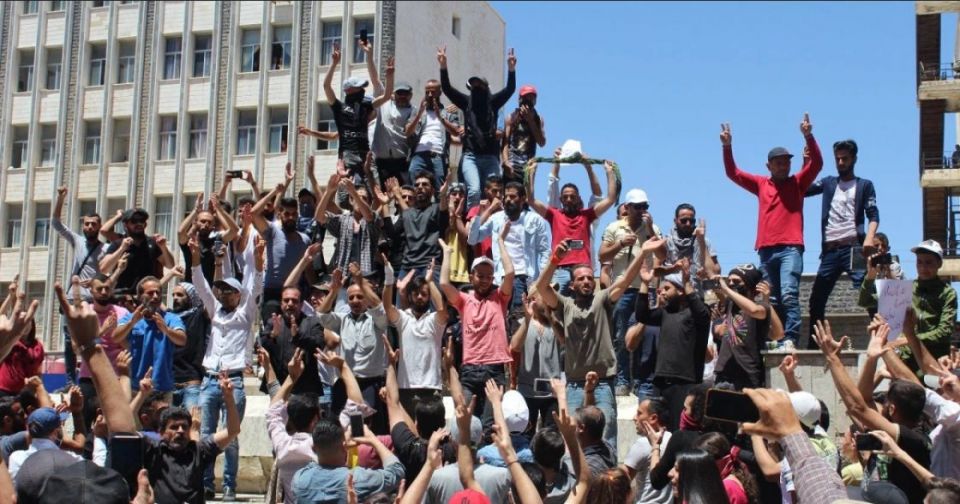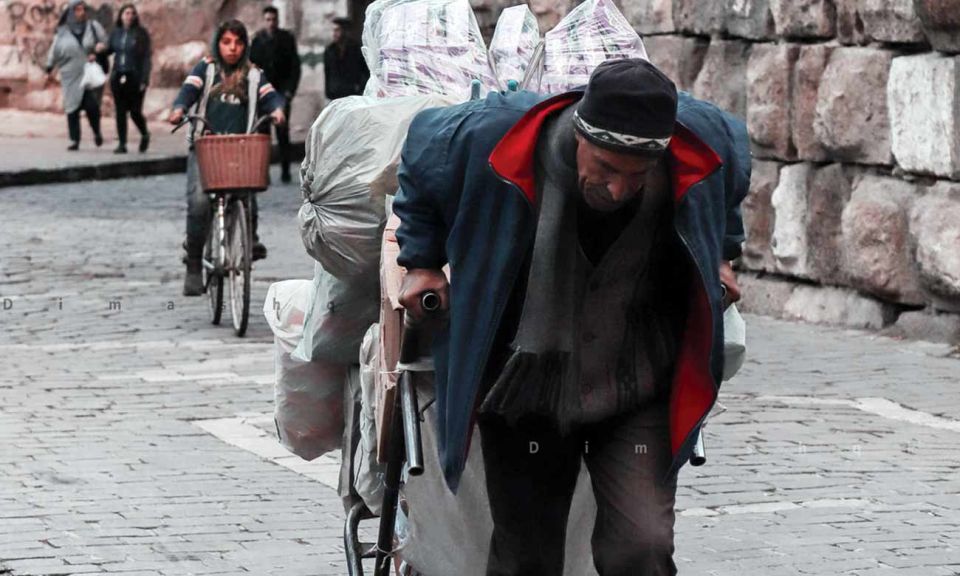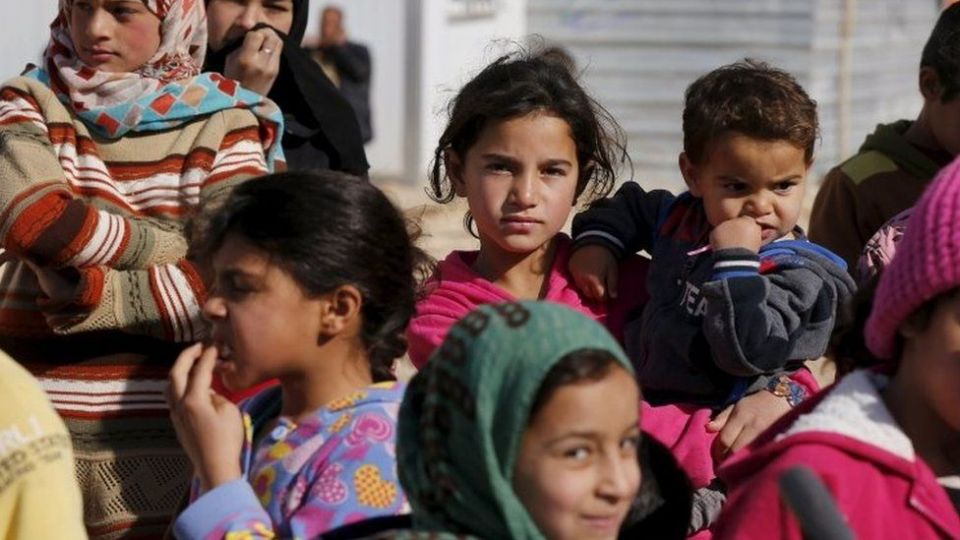
kassioun
email This email address is being protected from spambots. You need JavaScript enabled to view it.
The past weeks have revealed sufficiently clearly what Kassioun has previously said since the Ukrainian event started, which is that Ukraine itself is only the tip of the iceberg in a conflict that extends much deeper and broader, and one that revolves around the nature and future of the existing world order in its entirety.
Syrians are watching the battle in Ukraine and its global extensions and effects, and wonder how it will affect their crisis, and whether it will prolong it or speed up its resolution.
Since the announcement of lifting subsidies away from strata of the Syrian people over the past months, the government has spared no opportunity without announcing that the Resolution of lifting subsidies is a result of its desire to repair the budget deficit, pointing out in several ways to the difficulties the State is facing due to the scarcity of revenues. In short, the government has used every way to justify reaching out to the pockets of citizens, citing its lack of options to increase the State’s revenues, and ignoring – at the same time – the coplaint that is arising to point out to profit positions that are still present in the country and are more useful to be a source for increasing the State’s revenues. In the following, Kassioun reviews one example; the profits of private banks operating in Syria during the past year.
There is a sharp polarization in the entire world these days about what is happening in Ukraine. This is natural and expected, due to the definite effects of the event - and whatever its final results will be - on the overall global development.
The repercussions of the government resolution to lift subsidies for specific strata of the Syrian people had not yet been stabilized, while indications began to increase about the whole process being nothing more than a first step towards completely lifting governmental subsidies. It happened very quickly in way that threatens the life of millions of Syrians with further deterioration and bad conditions.
The Ukrainian subject continues to occupy the leading position on the world stage for the second week in a row. Although this will remain so for quite some time, even if the military operations phase ends soon, the nature of the ongoing battle, as well as the major features of the post-Ukraine world, have already begun to become clear:
The tense situation these days in and around Ukraine is the most prominent headline around the world. This is not surprising, because everyone is aware, to some degree, that the contents and dimensions of the ongoing battle go far beyond Ukraine itself. The results of the battle even go as far as separating two historical eras.
Over the last few days and under the slogan of “redistributing subsidies to those who deserve it”, more than half a million Syrian families, that is nearly 3 million Syrians, were decategorized as “deserving subsidies”. This was directly reflected in raising the price of a bundle of bread for these people to 1300 Syrian pounds; meaning that the cost of bread alone, if a family of five consumes two bundles per day, will reach 78000 Syrian pounds per month. That means bread alone now consumes almost the entire average salary.
As a continuation of Kassioun’s editorial 1053 about interpreting 2254 between two mentalities, which was the first part in a series of interconnected editorials, we discuss in this second part, the interpretation of the resolution between two local mindsets: the mindset of the ruling forces in the regime and that of the ruling forces in the opposition. These two mindsets ultimately deal with the resolution and the entire Syrian situation using the same logic, though from two opposite angles. Perhaps the first and most important point of overlap between the two is the “leading party” mindset that dominates the thinking and action on both sides. This is founded on exclusion, exclusivity, and claim of comprehensive and complete representation.




